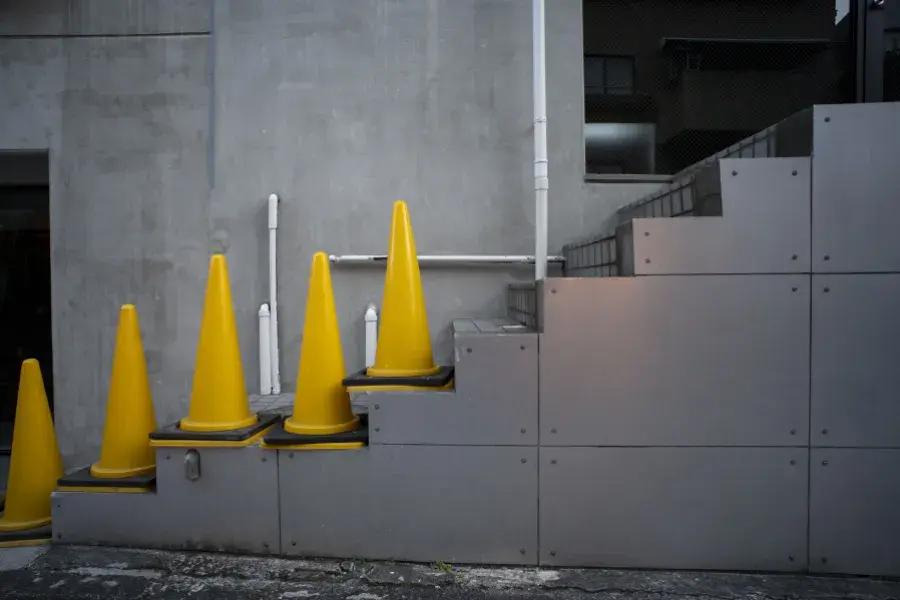Navigating the Challenges: The other full-time job!
In the first part of a series of deep dive discussions focused on education, our co-founder Sonay Ozkutayli draws upon her own experiences as both a parent of a child with special educational needs (SEN) and an educator. By recounting the challenges both she and her daughter, who has autism, have encountered in their journey through the UK’s education system, she sets the scene of a system in need of change.
As a parent deeply entrenched in the challenges faced by children with SEN, my journey is multifaceted. With over 15 years of experience as an educator, including serving on senior leadership teams and being a qualified SENCO, coupled with an undergraduate degree in Law, my expertise far surpasses the typical parent’s understanding of the education system. Yet, despite my extensive background, I find myself spending countless hours advocating for the educational rights of my daughter.
Understanding the complex landscape of SEN provision within the UK education system can be overwhelming. But the challenges I have faced extend beyond deciphering paperwork and accessing services. It is my hope that by sharing our experiences and highlighting the difficulties faced by families like mine, we can drive meaningful reform.
A lack of understanding and respect from schools
My daughter’s behaviours, often misinterpreted as rudeness or defiance, are, in reality, manifestations of dysregulation — a nuance that requires a deeper understanding. Misunderstandings in the school setting occur on a daily or weekly basis, chipping away at her confidence and triggering a relentless cycle of emails, applications, forms, and requests for support and meetings. It is exhausting.
Far too often, I have encountered dismissive or patronising attitudes that exacerbate my frustration, adding insult to injury. For example, receiving condescending suggestions that imply incompetence in basic caregiving, like attending a parenting course or using an alarm clock to get my daughter to school on time.
Our every morning is a meticulously orchestrated routine, infused with kindness and empathy—albeit with occasional lapses, as I'm only human. The implication that I, as a parent, lack the competence to wake my child up and ensure her timely departure from home is not only offensive but also deeply demoralising.
Yet, the sheer number of parents who report similar experiences underscores a troubling pattern. Our experiences are not isolated; they resonate across parent forums, social media platforms, and news outlets. This is not a coincidence but rather a systemic failure to recognise and respect the efforts and capabilities of parents navigating the complex terrain of raising children with SEN.
Teaching, a profession under siege
There's another layer of complexity to our journey - the constant dialogue needed to help my daughter understand the perplexing behaviours exhibited by some of her teachers. It is a painstaking task to explain why they sometimes veer off course from their promises, resort to loud reprimands or employ sarcasm while opting for disciplinary measures devoid of dignity. This is not a blanket condemnation; indeed, there are teachers who are nothing short of a blessing. However, regrettably, they seem to be the exception rather than the norm.
Amidst this struggle, I find myself grappling with conflicting emotions. As a parent, it's instinctual to fiercely safeguard and nurture my daughter. Yet, my past life as an educator makes me acutely aware of the unrealistic demands placed on teaching staff. The pressure to adhere to rigid plans, meet data-driven targets, and maintain classroom control amid constant scrutiny from senior leadership is immense. The joy once intrinsic to the profession is now overshadowed by exhaustion and disillusionment, as evident in the alarming rates of teacher burnout and attrition.
We find ourselves at a crossroads, where systemic change is imperative to restore equilibrium and ensure that both teachers and students can thrive in a nurturing educational environment. In the next part in this series, which will be published in a couple of weeks' time, I will take a macro-level view of SEN provision in the UK education system to understand what has gone wrong and what needs to change.
Credit: Image by freepik




